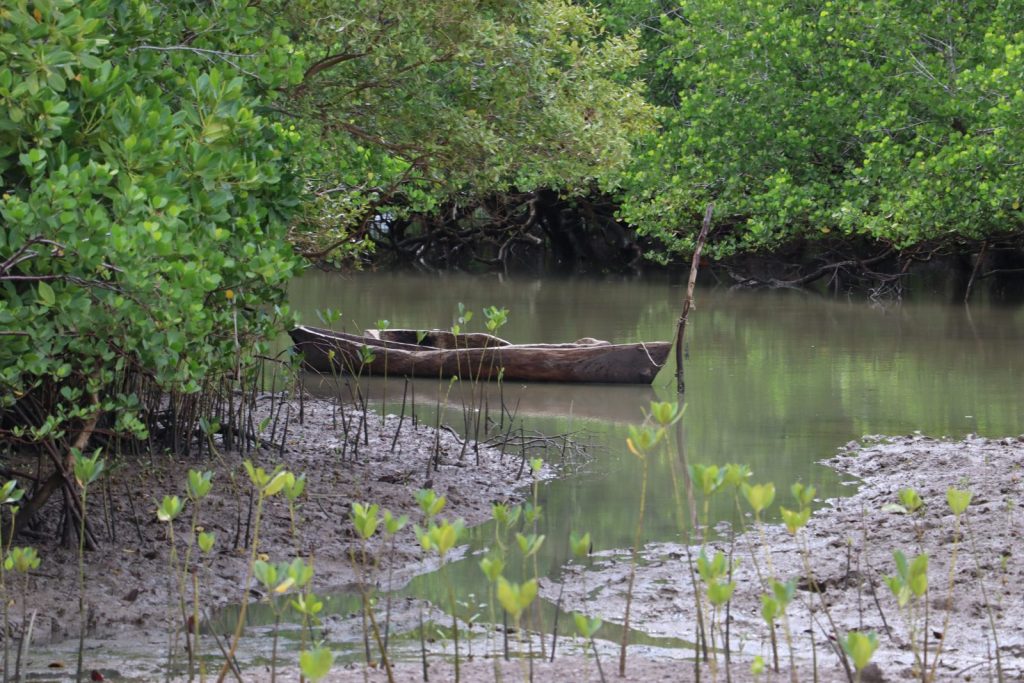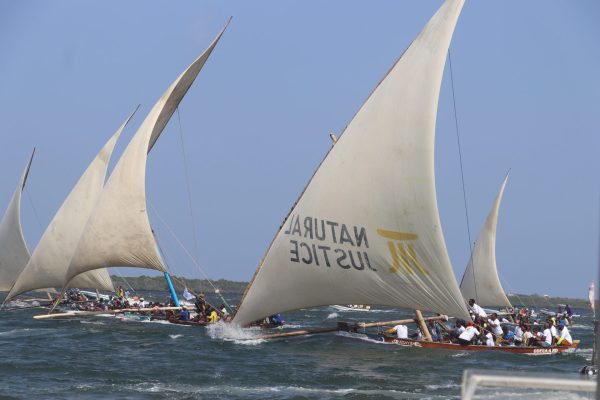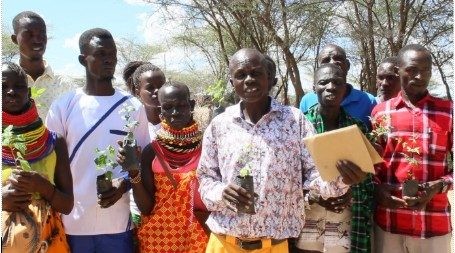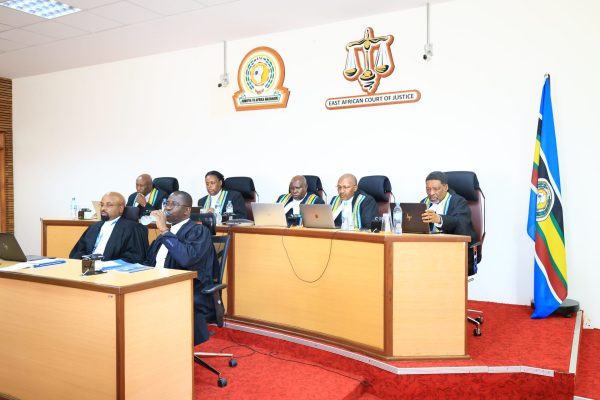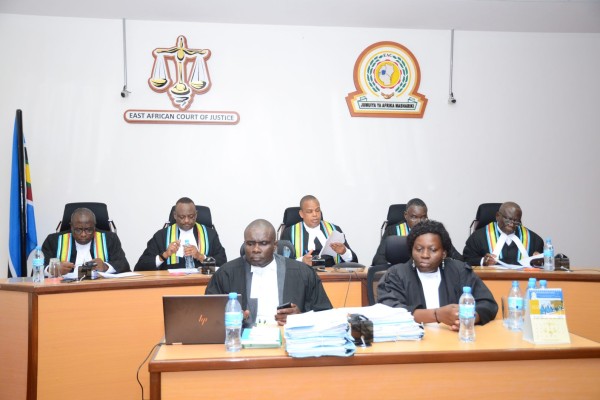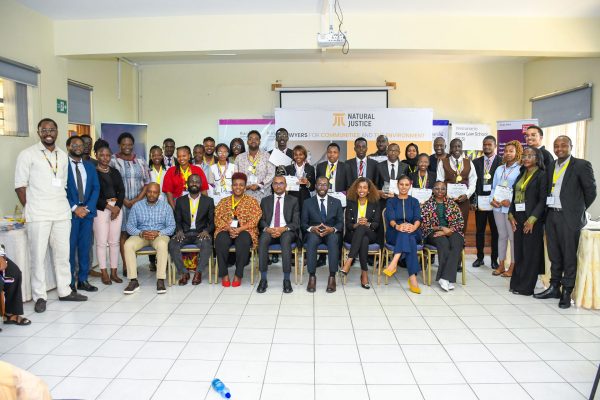The United Nations Framework Convention on Climate Change (UNFCCC) defines climate finance as ‘local, national or transnational financing which may be drawn from public, private and alternative sources of financing-that seeks to support mitigation and adaptation actions that will address climate change’. Climate finance is essential for adaptation, for which significant financial resources will be similarly required to allow countries to adapt to the adverse effects and reduce the impacts of climate change.
Climate change and inequality are two defining issues of the 21st Century, and they are intertwined. Developing countries bear the brunt of climate change, yet they are the least contributors. Those who are marginalized in society, whether economically, culturally, politically or socially and hence, there is a need to address the inequality between the wealthy and developing nations. This can be done through poverty reduction, resolving specific vulnerability issues, and empowering people to act. It can also be through tapping into indigenous knowledge of local communities to address the climate crisis.
What is FLLOCA?
The Financing Locally Led Climate Action Program (FLLoCA ) was introduced in Kenya with the support of the World Bank and the Governments of Denmark and Sweden. This new Program establishes the first national-scale model of devolved climate finance. It supports the Government of Kenya in translating its ambitious climate agenda into scaled-up action by recognizing that locally led adaptation can be more effective than top-down interventions, as local communities are more aware of the context and what is needed to drive change. It applies principles of meaningful citizen engagement in climate decision-making and builds on the foundations and structures set up through Kenya’s devolution efforts in managing climate and disaster risks. It supports actions identified by counties to budget, implement, and monitor climate change adaptation and mitigation actions in partnership with communities.
The design of the FLLoCA participatory model is based on prioritizing citizen engagement and local leadership in climate action, which include the need to address structural inequalities that drive climate vulnerability for marginalized groups, including women, youth, Indigenous Peoples, persons with disabilities, displaced groups, and ethnic minorities; investing in the capacity of local institutions and multisectoral collaboration; ensuring flexible programming and learning; and the integration of scientific and indigenous knowledge for adaptive management.
By engaging communities in understanding how global climate trends affect them locally, facilitating partnerships and collaboration to address climate challenges, and strengthening demand and transparency of climate action, FLLoCA aims to build a movement for climate action in Kenya.
In the spirit of facilitating the flow of climate finance to the local level and empowering local communities through strengthening public participation in the management and use of those funds, the Program is currently implemented at the county level based on strengthened existing and new implementation structures in which the Community representatives are drawn from the Ward Climate Change Committees established by various County Climate Legislations. These committees represent communities, and with the true Spirit of devolution, they decide how to invest 70% of the funds into locally led initiatives with advice from the county government and the rest of the administrative costs.
However, although the locally driven finance mechanism could efficiently tap into global climate funds to support vulnerable communities in building their resilience, many challenges have prevented the communities from effectively participating. Some of these challenges which hinder community participation include insufficient consultation with communities and vulnerable groups during climate action planning and execution, resulting in decisions that often do not directly reflect communities’ priorities and needs. The Climate Change (Amendment) Act considers public consultations a critical element when developing strategies related to climate change at all levels.
Inadequate consultation and engagement of key stakeholders as required by law due to lack or non-existence of consultation structures is another challenge. This is particularly true concerning marginalized groups. Often, gender norms and practices of communities propagate discrimination and exclusion from climate-related decisions, especially among communities in the ASALs, where there are unwritten and deeply entrenched informal rules and gender norms. These norms further marginalize women and other vulnerable groups and increase their vulnerability to climate change.
Less than half of Kenyan counties have developed a County Climate Action Plan and/or County Adaptation Plan. The purpose of such plans is to identify and prioritize climate actions through a local consultative process. Weak results (in terms of having plans), therefore, indicate that the mechanisms to involve communities in identifying and prioritizing local climate actions are weak in many counties.
New Ways of Working
To combat the challenges as highlighted, the Committee should work with public participation department officers to establish community vulnerability to climate risk and their priorities for climate resilience investments. Subject to county context and existing practice and public participation experience ensuring the representation of women, youth, and vulnerable groups, these fora should be held at either ward and/or (selected) sub-ward/location levels. Representatives of community groups from key sectors, such as water (water user groups), agriculture, rural development, and community-driven development (CDD) groups, were invited to participate in the fora.
The Committee should ensure that information is available in local languages and is easily understandable. It should use a Public Awareness Campaign, infographics, and visual aids to inform the public about FLLoCA funds, their purpose, and how they can get involved.
The Committee should also organize regular community meetings at times and places that are convenient for all members, including women, youth, and marginalized groups. It should also hold regular focus group discussions with specific groups, such as women, youth, and indigenous people, to ensure their voices are heard.
Incorporation of suggestion boxes and online platforms is also another way to ensure optimum public participation. These platforms provide multiple channels for feedback, including anonymous suggestion boxes and online platforms for those who are more comfortable with digital communication.

